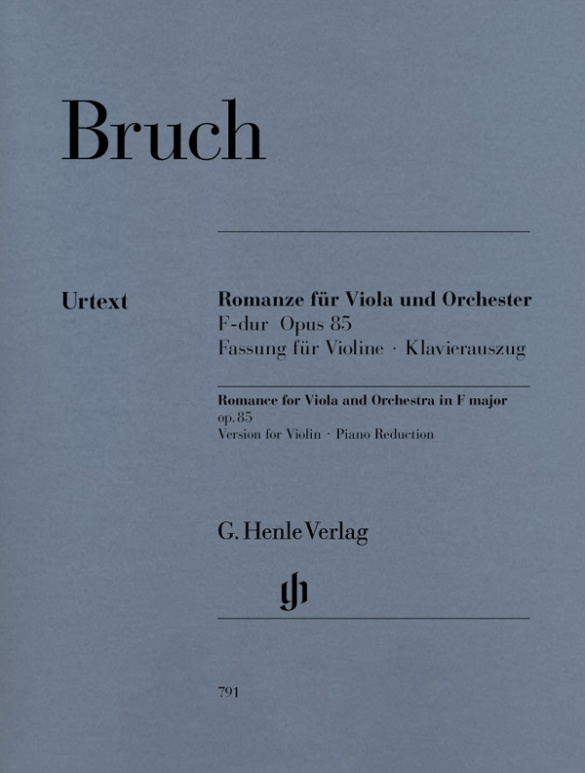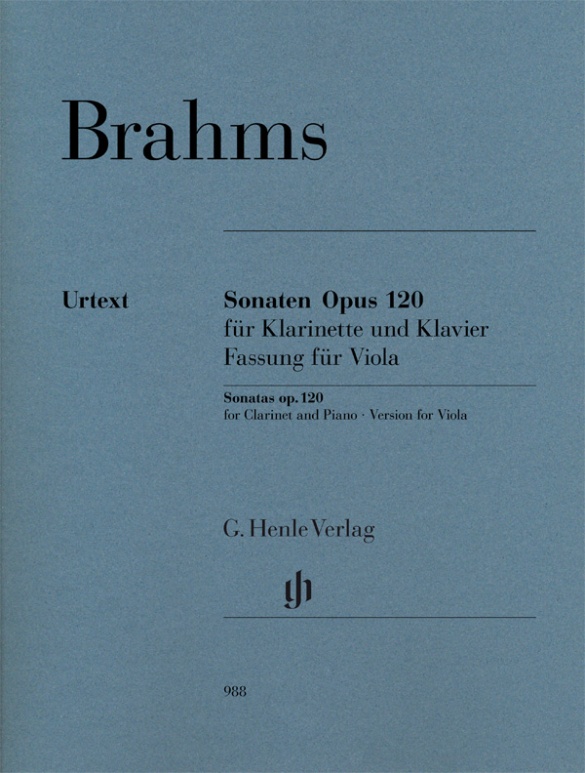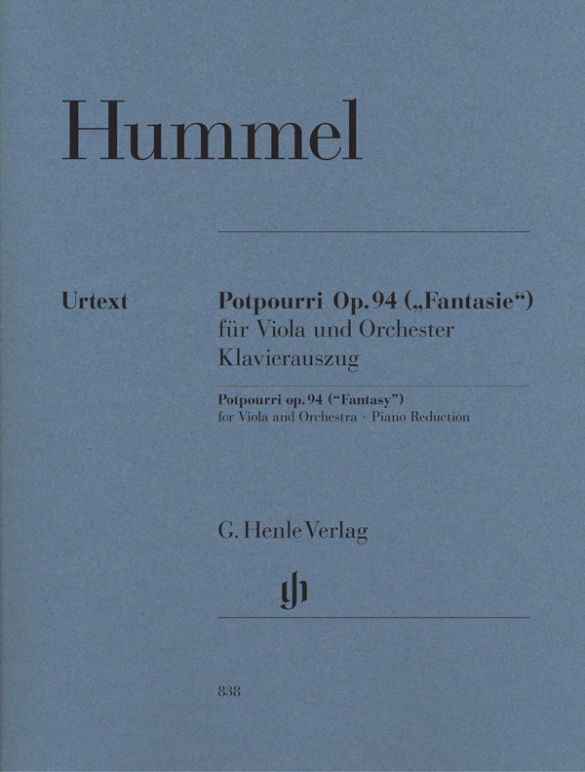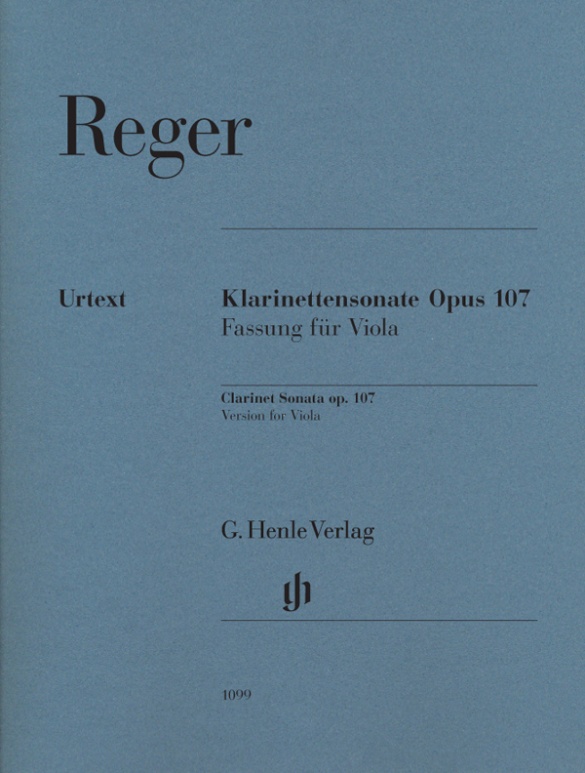Max Bruch
Romance F major op. 85
A pearl in the romantic repertoire, Bruch’s “Romance” has long occupied a permanent place in its original version for viola, whether in lessons or on the concert stage. Our edition is the first to take every relevant source into account. Like the original print, it also presents the composer’s own easily playable piano reduction. Fingering and bowing marks have been added by experienced violinist Ernst Schliephake. In 1911 Bruch also published this arrangement for violin. Our new edition makes his arrangement available once again after a lapse of many years. A welcome addition to the violin repertoire!
mws-henle.cms.title-works.headline
mws-henle.cms-product-detail.composer-headline
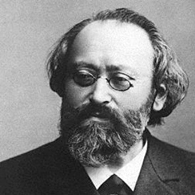
Max Bruch
A German composer of the Romantic period. Stylistically, his works outline a counter-aesthetic to the New German School. His violin concerti are particularly significant, but he also wrote numerous choral works, cantatas, oratorios, songs, stage works and orchestral pieces.
| 1838 | Born in Cologne on January 6. He received his first musical training from his mother, a singer. |
| from 1849 | Music instruction from Heinrich Carl Breidenstein. Writes many compositions even though still a child. |
| 1852 | Scholarship recipient of Frankfurt’s Mozart Foundation. |
| 1853–57 | Studies composition with Ferdinand Hiller in Cologne. |
| 1858 | Premiere in Cologne of his opera “Scherz, List und Rache” (“Jest, Cunning, and Revenge”), op. 1. |
| from 1858 | In Leipzig he associates himself with those around Mendelssohn. |
| 1862 | Moves to Mannheim. |
| 1863 | Premiere in Mannheim of his opera “Die Loreley,” op. 16. |
| 1865–67 | Music director in Koblenz. Composes his Violin Concerto no. 1 in G minor, op. 26. |
| 1867–70 | Court musical director in Sondershausen. Composes his Symphony no. 1 in E-flat major, op. 28, dedicated to Johannes Brahms, and Symphony no. 2 in F minor, op. 36 (both in 1870). |
| 1870–78 | Freelance composer in Berlin and Bonn. Composes the oratorio Odysseus, op. 41 (1871/72). |
| 1879/80 | Composition of the Fantasy in E-flat major, op. 46 (Scottish Fantasy) for violin and orchestra. |
| 1880–83 | Director of the Philharmonic Society in Liverpool. |
| from 1883 | Travels to the United States. Director of the Breslauer Orchesterverein (Wrocław Orchestral Society). |
| from 1891 | Director of the composition masterclass at the Berlin Academy of the Arts. Honorary doctorate from Cambridge University (1893), and membership of the Académie des Beaux Arts (1898). |
| 1907 | Vice-President of the Academy of the Arts, Berlin. |
| 1920 | Dies in Berlin on October 2. |
mws-henle.cms-product-detail.author-headline
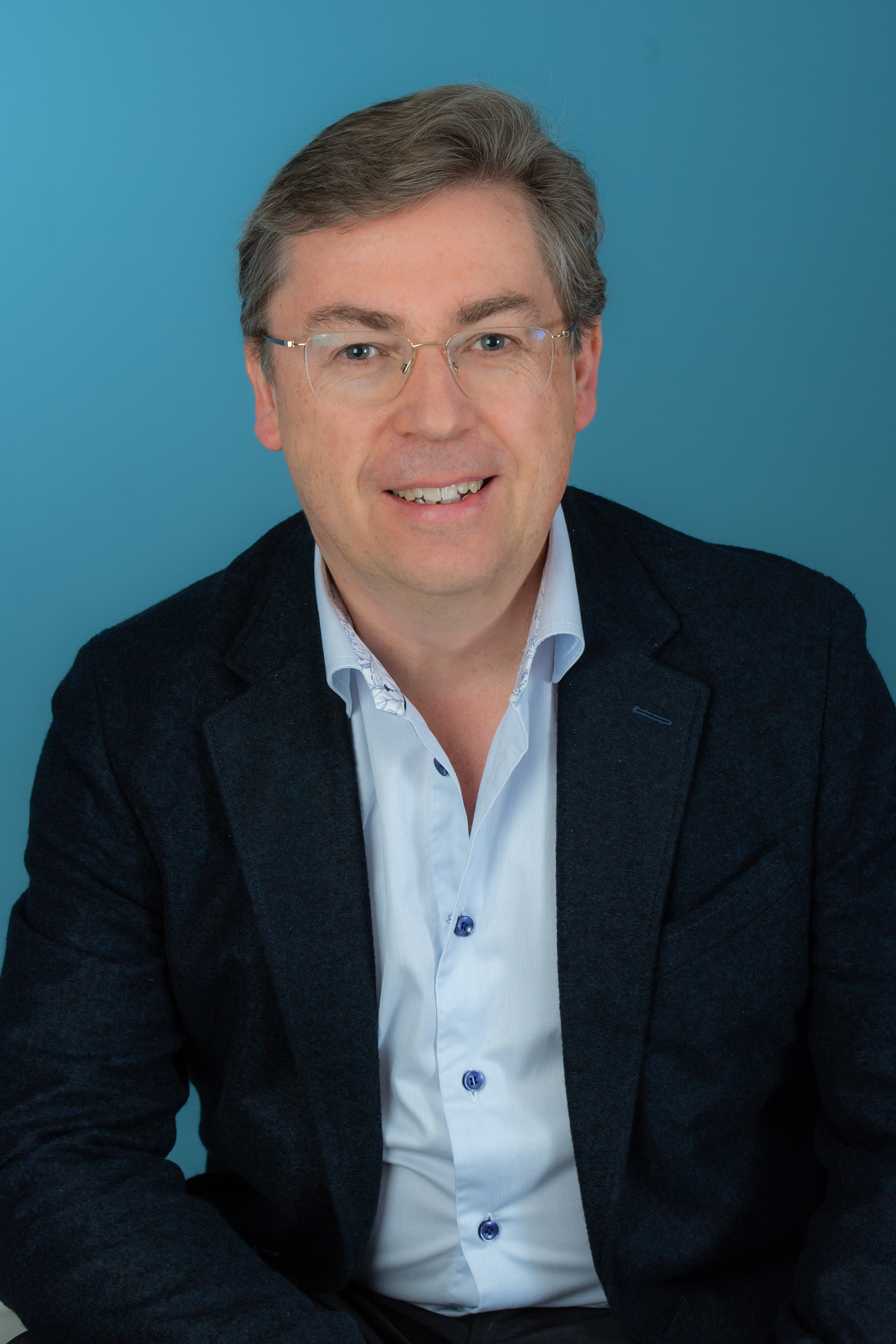
Norbert Gertsch (mws-henle.person.role.HERAUSGEBE, mws-henle.person.role.VORWORT)
Dr. Norbert Gertsch, born in 1967 in Rheinkamp/Moers, studied piano solo at the Mozarteum in Salzburg and read musicology and philosophy at the Paris Lodron University in Salzburg and the Ruperto Carola University Heidelberg on a scholarship from the “Studienstiftung des Deutschen Volkes”. In 1996 he wrote his doctoral thesis on Ludwig van Beethoven’s Missa solemnis (as part of the New Complete Edition) under Ludwig Finscher.
In the following year, he began to work at G. Henle Publishers, initially as an editor for electronic publishing. After working on a two-year project (1999–2000) sponsored by the German Research Foundation (DFG) preparing a new Beethoven Catalogue of Works, he became a scholarly editor at G. Henle Publishers. In 2003 he became Editor-in-Chief, in 2009 Deputy Managing Director and Head of Publishing. As of 1 January 2024, the Executive Board of the Günter Henle Foundation has appointed Dr. Norbert Gertsch, as the new managing director, succeeding Dr. Wolf-Dieter Seiffert.
Gertsch has published many Urtext editions for G. Henle Publishers, including volumes for a new edition of Beethoven’s Piano Sonatas together with Murray Perahia.
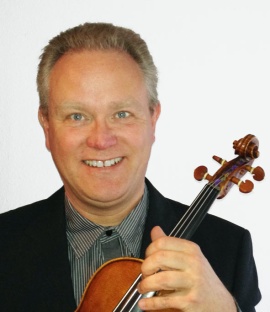
Ernst Schliephake (mws-henle.person.role.FING VIOL)
Ernst Schliephake was born in 1962. At the age of seven he was already a state prize-winner in the category violin at the young people’s music competition “Jugend musiziert”; the following year he achieved the same result with the clarinet. He was taught by Klaus Speicher and Heinz Hepp (violin and clarinet) and studied the violin in 1979 with Prof. Lukas David in Detmold, working as his assistant between 1983 and 1985. Aside from playing the violin in Tibor Varga’s chamber orchestra, he also played many chamber concerts with him, predominantly as a clarinettist. A master-class with Ruggiero Ricci 1981, led to an intensive collaboration and friendship.
Since 1986 he has been a violinist with the Düsseldorf Symphony Orchestra, the Bavarian Radio Symphony Orchestra and the Bavarian State Opera, and since 1989 has been the associate concertmaster with the Munich Symphony Orchestra.
Product Safety Informations (GPSR)

G. Henle Verlag
Here you can find the information about the manufacturer of the product.G. Henle Verlag e.K.
Forstenrieder Allee 122
81476 München
Germany
info@henle.de
www.henle.com
推荐
autogenerated_cross_selling
本书目其他版本
本书目其他版本


